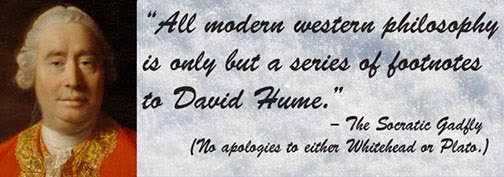 Fatal Discord: Erasmus, Luther, and the Fight for the Western Mind by Michael Massing
Fatal Discord: Erasmus, Luther, and the Fight for the Western Mind by Michael MassingMy rating: 4 of 5 stars
There's not a lot of new stuff here for me, especially on the Luther side, but the dual biography concept, when done well, can stimulate some 'aha' and Massing generally does well.
The two biggies on differences are first, one of personality and temperament. Erasmus' irenic style never could have led a Reformation and Luther never could have calmed his down enough even to be the best of organizers of what a Reformation needed in terms of management.
As a result, Erasmus in general was more kindly disposed to human fraility and at least occasionally meeting people halfway. Had he been in Luther's shoes, he never would have treated Melanchthon as shoddily as Luther sometimes did.
As an aside, Massing also gives a good base-level explanation of how differences between Luther and Zwingli, in terms of how they developed their reformations differently, were sociological as much as theological.
I did learn a few tidbits, one of which I could have learned in Lutheran seminary, had it been taught there. And that is that Luther's polemics against the Jews weren't just a late-life, poor-health issue. They started with his lectures on the Psalms years before the 95 Theses. He later tamped them down, after the Reformation took off, in hopes of converting Jews. Until they didn't.
And, it was Karlstadt, not Zwingli, who first questioned the "Real Presence" in the Eucharist, and he did so on the basis of Greek grammer and not metaphoric speech common to Greek, German and English. Karlstadt pointed out that the "this" in "This is my body," can NOT refer backward to "bread" because it's a different gender in Greek. That, too was never mentioned in Lutheran seminary, probably because, although Luther railed against Karlstadt for this, he never refuted it — because, of course, he couldn't.
There is one notable error here that doesn't affect the flow, and a matter of framing that kind of does.
Given that the second big difference between Luther and Erasmus was on free will, and that BOTH had an Augustinian background, it would have been nice for Massing to include a little bit more about just how "minor" of a saint Augustine is seen as being in the East. He does talk a small bit about Orthodoxy's take on Augustine, but not a lot.
The outright error? Paul never claimed to be a Roman citizen, contra Massing. The unknown author of Acts claimed it for him.
View all my reviews
In case you're not a regular reader here, this is my review of Eric Metaxas' horrible take on Luther.

